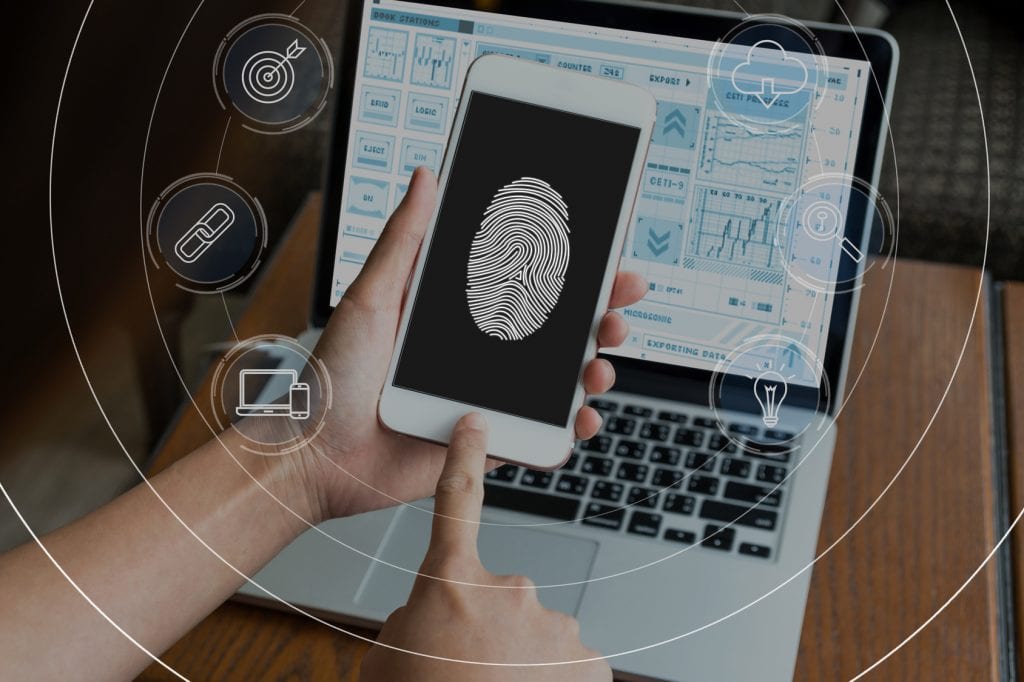A centralized database is a huge honeypot that will attract criminals and increase the likelihood of bribes for access. It has been suggested that the Indian centralized database can be accessed for just $8. So it is no surprise that citizens of India lack confidence in the security and privacy of biometrics, as Visa recently discovered:
“According to the Visa study conducted on 500 Indians by AYTM Market Research, only 48 percent perceive biometric authentication for payments as more secure than passwords/PINs and 46 percent consumers have a peace of mind of their payment protection.
This comes at a time when there are data security related concerns have been raised about Aadhaar.
However, it points out that 99 percent are personally interested in using at least one biometric method to verify their identity, and 99 percent are interested in using at least one biometric method to make payments.
Highlights of the survey:
- 32 percent have used fingerprint recognition once or twice and another 63 percent use it regularly. By comparison, about 48 percent have used voice recognition in the past and 26 percent use it regularly.
- The top benefits associated with using biometric authentication for payments are the perception that it is more secure than passwords/PINs (48 percent) and that it gives consumers peace of mind that their payment is protected (46 percent).
- Indian consumers overwhelmingly perceive that biometrics are faster (81%) and easier (84 percent) than passwords.
- And 51 percent are concerned both about the risk of a security breach of sensitive biometric information.
Now the operator of Adahaar, the Unique Identification Authority of India, is overhauling the system to introduce a 16-digit virtual identity that replaces the Aadhaar number when validating identity via banks, state run agencies, and others. This is the application of tokenization on a grand scale but it is unclear the agency understands the challenges and vulnerabilities that still exist under a tokenization scheme; as payment networks and Apple discovered when they first started to provision Apple Pay and criminals hacked the provisioning process.
Overview by Tim Sloane, VP, Payments Innovation at Mercator Advisory Group
Read the quoted story here
Want to learn more about biometrics? Check out our podcast episode where we take a deep dive with Tim about biometrics.
